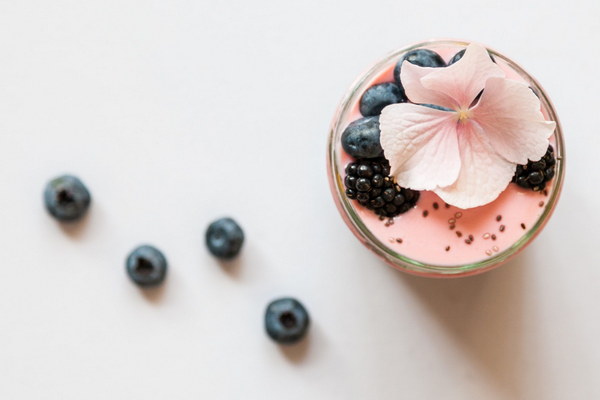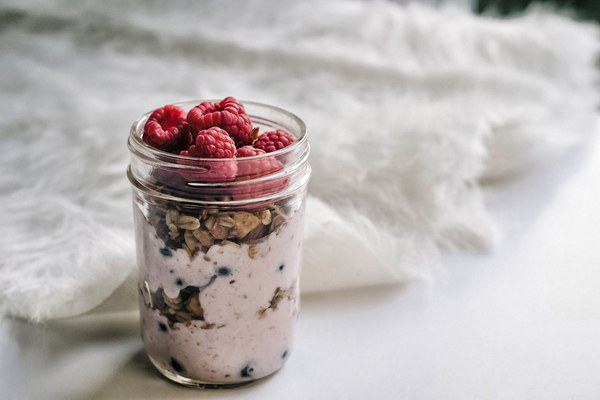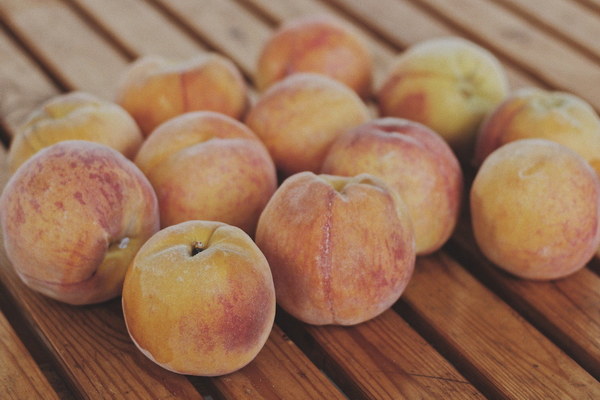The Essential Guide to Complementary Remedies for Ulcers Why and How They Work
Ulcers, characterized by sores in the lining of the stomach or the first part of the small intestine, can be a painful and distressing condition. While conventional treatments are often effective, many individuals seek complementary remedies to alleviate symptoms and promote healing. This article delves into the reasons why individuals turn to complementary remedies for ulcers and explores the mechanisms behind their efficacy.
Why Complementary Remedies for Ulcers?
1. Alleviating Symptoms: Complementary remedies are often used to provide relief from the symptoms associated with ulcers, such as pain, bloating, and nausea. These remedies aim to reduce inflammation, soothe the affected area, and alleviate discomfort.
2. Promoting Healing: Some complementary remedies are believed to promote the healing process by enhancing the body's natural ability to repair damaged tissue. They may stimulate the production of collagen and promote cell regeneration.
3. Minimizing Side Effects: Conventional treatments for ulcers, such as antibiotics and proton pump inhibitors, can have side effects, including diarrhea, constipation, and headaches. Complementary remedies may be used to minimize these side effects and improve overall quality of life.
4. Holistic Approach: Complementary remedies often focus on a holistic approach to treatment, addressing not only the physical symptoms but also the emotional and mental well-being of the individual. This comprehensive approach can lead to better outcomes and a higher level of satisfaction with the treatment process.

Complementary Remedies for Ulcers and Their Mechanisms
1. Aloe Vera: Aloe vera is known for its anti-inflammatory and soothing properties. It contains compounds that reduce inflammation and promote healing. Aloe vera can be taken internally as a juice or applied topically to the affected area.
2. Ginger: Ginger is a natural anti-inflammatory that can help reduce the pain and inflammation associated with ulcers. It also has antimicrobial properties that can help prevent the growth of harmful bacteria. Ginger can be consumed as a tea or added to food.
3. Chamomile: Chamomile has calming and soothing properties that can help alleviate symptoms of ulcers. It is believed to reduce inflammation and promote healing. Chamomile tea can be consumed regularly to support ulcer healing.
4. Peppermint: Peppermint is another herb with anti-inflammatory properties that can help reduce pain and discomfort associated with ulcers. It may also help to reduce the production of stomach acid, which can exacerbate ulcer symptoms. Peppermint oil can be taken internally, and peppermint tea can be consumed regularly.
5. Probiotics: Probiotics are beneficial bacteria that can help restore the balance of gut flora and reduce the risk of harmful bacteria, such as Helicobacter pylori, which can cause ulcers. Probiotics can be found in fermented foods like yogurt, kefir, and sauerkraut, or taken as a supplement.
6. Slippery Elm: Slippery elm is a demulcent, which means it has a soothing effect on the mucous membranes. It can help reduce inflammation and promote healing in the digestive tract. Slippery elm can be taken as a tea or in capsule form.
7. Licorice Root: Licorice root contains glycyrrhizin, a compound that has been shown to have anti-ulcer properties. It may help to reduce stomach acid production and protect the lining of the stomach and intestines. Licorice root should be used with caution, as excessive consumption can have negative effects on blood pressure and potassium levels.
In conclusion, complementary remedies for ulcers offer a variety of benefits, from symptom relief to promoting healing and minimizing side effects. While these remedies can be a valuable addition to conventional treatments, it is essential for individuals to consult with healthcare professionals before starting any new treatment regimen. With proper guidance, complementary remedies can be a safe and effective way to support ulcer recovery and improve overall well-being.









